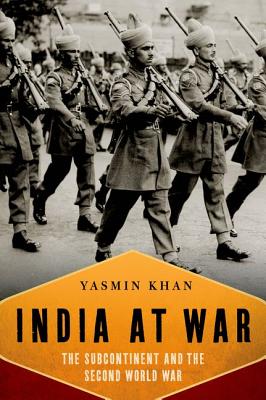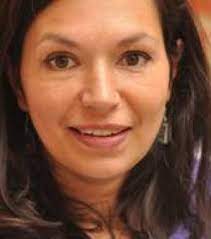

 Oxford University Press, USA
Oxford University Press, USA
India at War: The Subcontinent and the Second World War


Key Metrics
- Yasmin Khan
- Oxford University Press, USA
- Hardcover
- 9780199753499
- 9.3 X 6.2 X 1.6 inches
- 1.6 pounds
- History > Military - World War II
- English
 Secure Transaction
Secure TransactionBook Description
Khan's sweeping work centers on the lives of ordinary Indian people, exploring the ways they were affected by a cataclysmic war with origins far beyond Indian shores. In manpower alone, India's contribution was staggering; it produced the largest volunteer army in world history, with 2.5 million men. Indians were engaged in making the raw materials and food stuffs needed by the Allies, and became involved in the construction of airstrips, barracks, hospitals, internee camps, roads and railways. Their lives were also profoundly affected by the presence of the large Allied army in the region, including not only British but American, African, and Chinese troops. Madras was bombed by the Japanese and the Andaman and Nicobar Islands were occupied, while the Bengal famine of 1943-in which perhaps three million Bengalis died-was a man-made disaster precipitated by the effects of the war.
This authoritative account offers a critically important look at the contributions of colonial manpower and resources essential to sustaining the war, and emphasizes the significant ways in which the conflict shaped modern India.
Author Bio
Yasmin Khan is a historian and writer, and Associate Professor of British History based in the Department for Continuing Education and a member of the History Faculty. Her research focuses on the history of the British in India, the British Empire, South Asian decolonization, refugees and the aftermath of empire. She has also written about the Second World War and the imperial dimensions of the conflict.
She was born in London and educated at Oxford (St. Peter’s and St. Antony’s colleges) and was previously a Lecturer at the University of Edinburgh and a Senior Lecturer at Royal Holloway, University of London. She has held research grants from the British Academy (Postdoctoral Fellowship and Mid-Career Fellowship) the Arts and Humanities Research Council and the Leverhulme Trust.
Publications include The Great Partition: the Making of India and Pakistan (Yale University Press/Penguin India, 2007) which won the Gladstone Prize from the Royal Historical Society and The Raj at War: A People’s History of India’s Second World War (Bodley Head, 2015.) She has also published in journals including History Workshop Journal, Modern Asian Studies and the Roundtable: the Commonwealth Journal of International Affairs.
Yasmin has given public lectures and talks in the UK, Nepal, India, Pakistan and the USA. She is a trustee of the Charles Wallace India Trust which welcomes applications from Indian research students. She is an editor of History Workshop Journal, a journal committed to debating the role of history in public life, and exploring the dialogue between past and present. She has contributed to media including the Guardian, BBC Radio and Channel 4 News and in 2018 presented the BBC2 television series A Passage to Britain.
Source: Kellogg College, University of Oxford
Videos
No Videos
Community reviews
Write a ReviewNo Community reviews